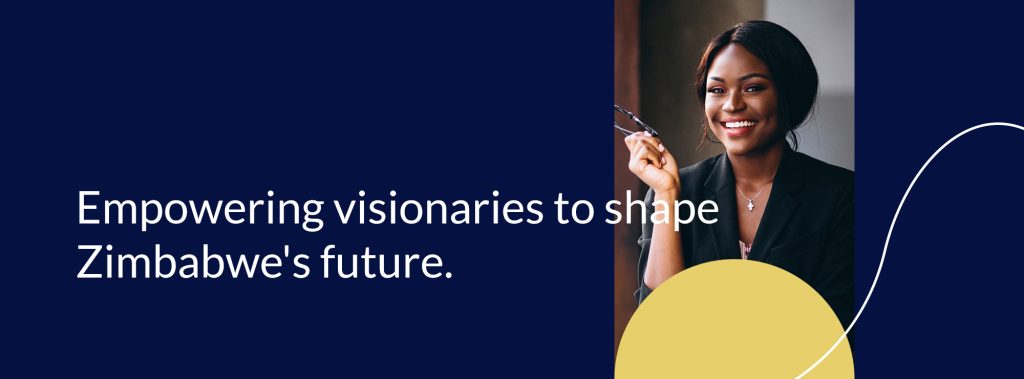
The recent launch of the National Venture Capital Company of Zimbabwe marked a significant milestone in the nation’s entrepreneurial landscape. As I stood on stage sharing my performance, I was struck by the potential of this initiative, which aims to provide equity financing to start-ups and growing businesses across various sectors on a national level. The event featured three funded businesses that delivered impressive pitches, showcasing their innovative products and business models. Their confidence and clarity left me pondering a crucial question: Are we, as the creative economy in Zimbabwe, truly investor-ready?
Investor readiness is not merely about having a great idea; it encompasses the ability to communicate that idea effectively, demonstrate market viability, and show a clear path to profitability. For many in the creative sector, this can be a daunting challenge. However, I believe that by taking systematic steps, we can prepare ourselves to pitch our creative products and services confidently.
Developing a solid business model is essential, as it lays the foundation for any successful venture. Creative entrepreneurs must clearly define their value proposition, target audience, revenue streams, and cost structure. Understanding the market landscape through thorough research helps identify potential customers, competitors, and trends. Validating our products or services through surveys, focus groups, or pilot programs can provide concrete data to support our pitches, which is crucial for attracting investors.
A well-crafted pitch is an opportunity to tell our stories, and I know some really good story tellers who convey passion, purpose, and professionalism. It should focus on the problem our creative solutions address, the uniqueness of our offerings, and the impact we can make. Practicing the delivery of our pitches ensures we engage our audience effectively and can handle their questions with confidence. Furthermore, building a strong network is crucial in the investment landscape. Engaging with fellow entrepreneurs, attending industry events, and seeking mentorship from experienced investors can lead to valuable insights and potential referrals.
As I reflect on the creative economy in Zimbabwe, I realize that it has the potential to drive local growth while making a global impact. Emphasizing how our businesses contribute to job creation, cultural enrichment, and economic development can resonate with investors who value social responsibility. In today’s digital age, maintaining a strong online presence is non-negotiable. Utilizing social media, websites, and e-commerce platforms can effectively showcase our work and reach a broader audience.
Looking ahead, my work in capacity building will focus on getting fellow creatives to a stage where they are investor-ready. I plan to develop workshops and mentorship programs that equip artists and creative entrepreneurs with the skills necessary to navigate the investment landscape.
Fellow singer and songwriter Prayersoul once shared a memorable experience from a performance he did for a very high-profile audience. After captivating the crowd, a well-known attendee approached him to commend his work. In that moment, the attendee asked, “So what are you selling? What product do you have that I can buy right now?” Prayersoul found himself at a loss, as he had nothing to offer in that moment.
This serves as a powerful reminder of the concept of opportunity meeting preparedness. In the creative economy, we must be ready to seize opportunities when they arise, ensuring we have our products and pitches polished and primed for investment. Now is the time to prepare, to cultivate our ideas and business models, and to stand ready to engage with potential investors. As we elevate Zimbabwe’s creative landscape, let us ensure that when the moment comes, we are not only ready to perform but also ready to sell.
For more information on the new company, visit www.nvccz.com



